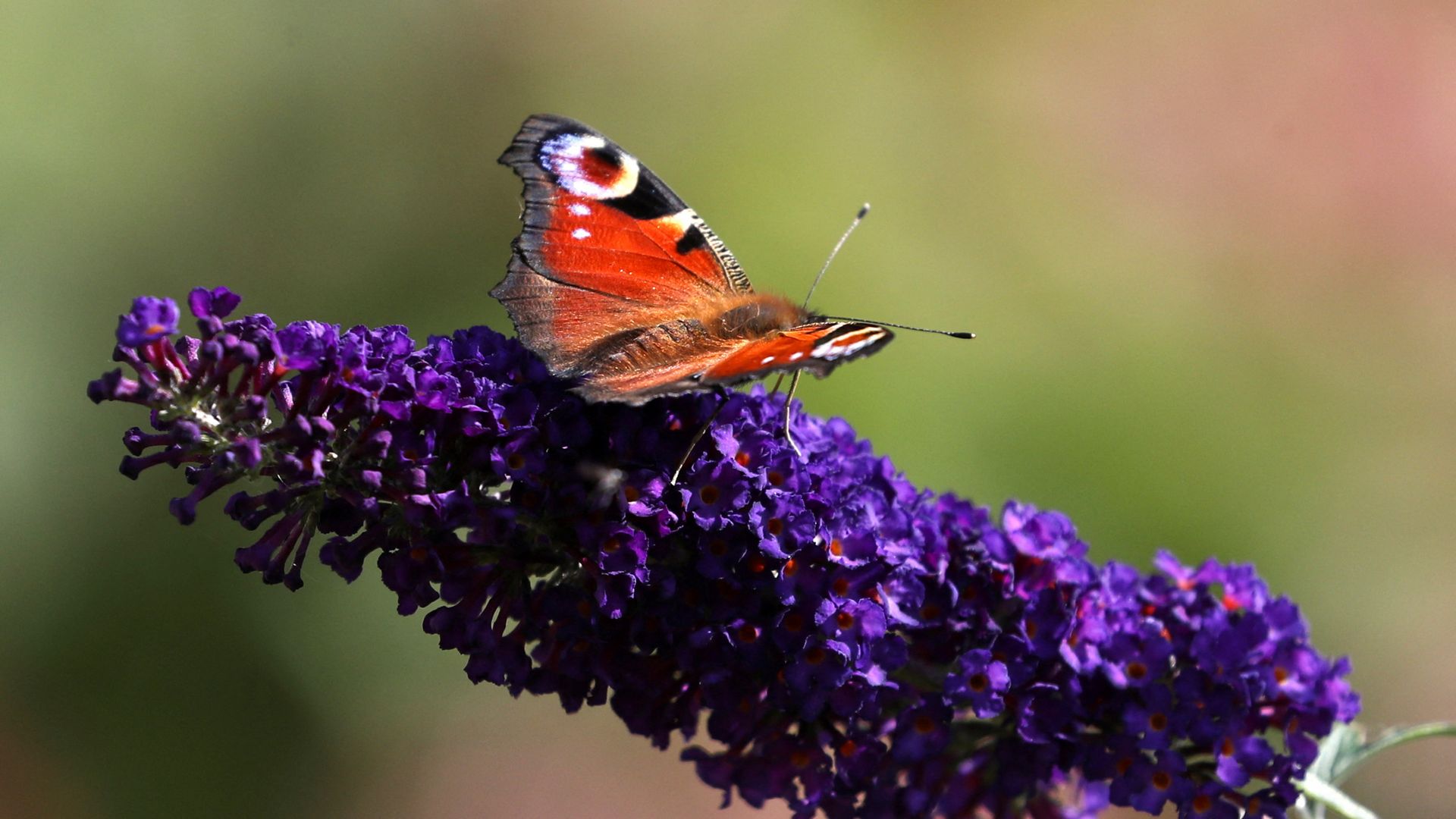Scientists are urging the public to help track a declining UK butterfly population as they discover many species are migrating northwards because of climate change.
The Big Butterfly Count is an annual survey led by wildlife charity Butterfly Conservation.
Participants have just one week left to take part as the spotting season ends on 4 August.
The survey asks people to spend 15 minutes in a sunny area and record the number and types of butterflies that they see, as researchers have identified changes to the way they’re migrating across the country.
“Butterflies are really temperature sensitive. They love the heat,” Dr Dan Hoare at the Butterfly Conservation told Sky News.
“Their caterpillars need specific food plants to eat, they need the right temperatures to complete their lifecycle. The trends are definitely changing as the climate is warming, more habitat is becoming suitable for species further north than they had ever survived before.”
“So species like the holly blue, the comma, the peacock. They’re now much more easy to see in Scotland than they were,” he said.
Edinburgh Council issues more than 6,000 LEZ fines in a month
Just Stop Oil activists arrested after Stonehenge sprayed with ‘orange powder paint’
World has been breaching key 1.5C threshold for the last year, scientists warn
Some 80% of butterfly species found in the UK have declined since the 1970s. Dr Hoare said: “That tells us something about what’s happening in the environment.
“It’s about climate change. It’s about the loss of habitats through development, through pesticide use. But if we get that information that also helps us work out how to fix these things and how to build a nature recovery into a brighter future.”
Keep up with all the latest news from the UK and around the world by following Sky News
Last year, more than 135,000 counts were conducted across the UK, with volunteers spending a combined total of almost four years taking part.
Both Rupert and Neil have taken part several times, but this season has been less successful than others.
Be the first to get Breaking News
Install the Sky News app for free
“It’s not been great,” Rupert told Sky News. “Everybody should care,” he said. “When you see wildlife declining like it has done, then it’s a bit of a warning shot.”





